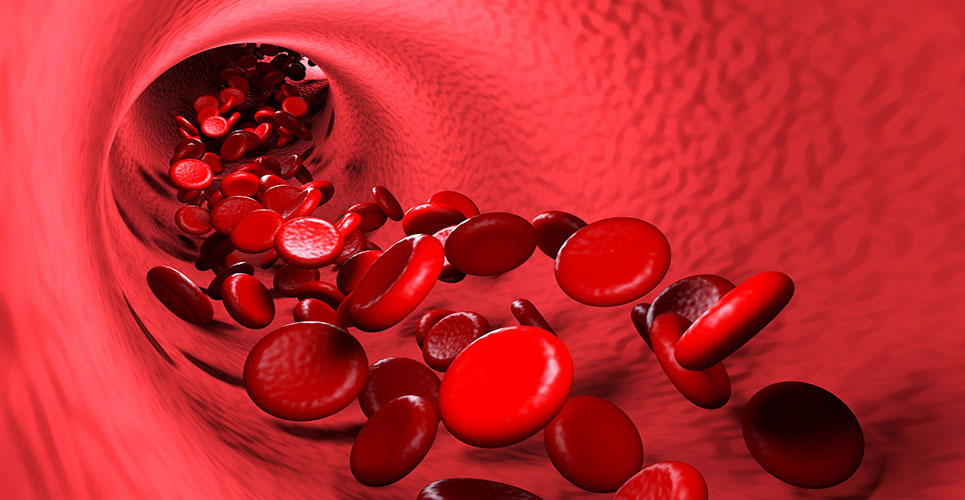teaser
The likelihood of blood clots developing in women taking part in breast cancer therapy can be hugely increased by the presence of a gene which primarily affects people of Scandinavian origin, according to a new study.
US-based scientists told the Journal of the National Cancer Institute that women who suffered blood clots after being treated with breast cancer drug tamoxifen were five times more likely to carry the mutation than those who did not.
The Factor V Leiden (FVL) gene variant, most common among those of northern European and Scandinavian ancestry, makes it easier for blood to clot. This can lead to conditions such as deep vein thrombosis and pulmonary embolism.
A total of 412 women being treated with tamoxifen after breast cancer surgery took part in the study. A total of 141 women, whose mid-range age was 64, developed blood clots. Previous studies have shown that tamoxifen doubles the risk of blood clots, or thromboembolisms, in women overall.
Lead researcher Dr Judy Garber, from the Dana-Farber Cancer Institute in Boston, said: “This data may prove useful to women who must decide between tamoxifen and an effective, essentially non-thrombogenic, alternative adjuvant therapy for breast cancer.”
Copyright Press Association 2010

